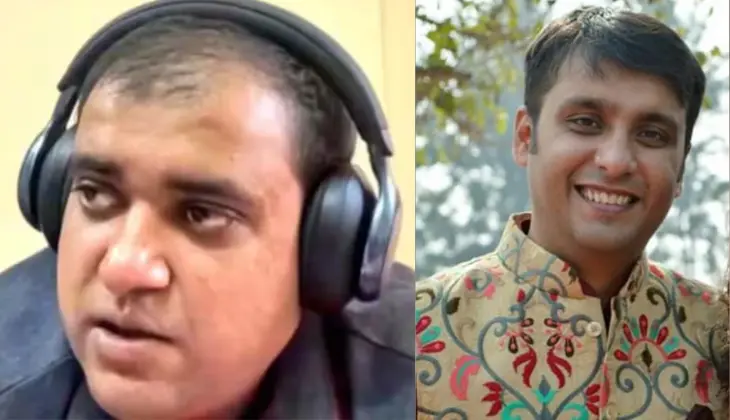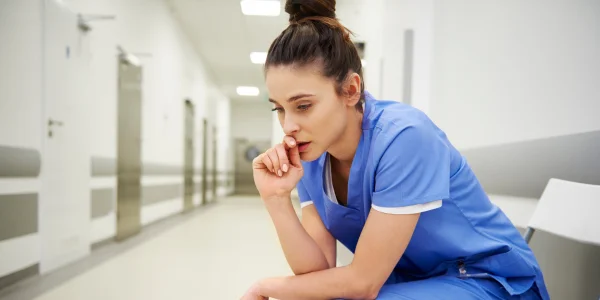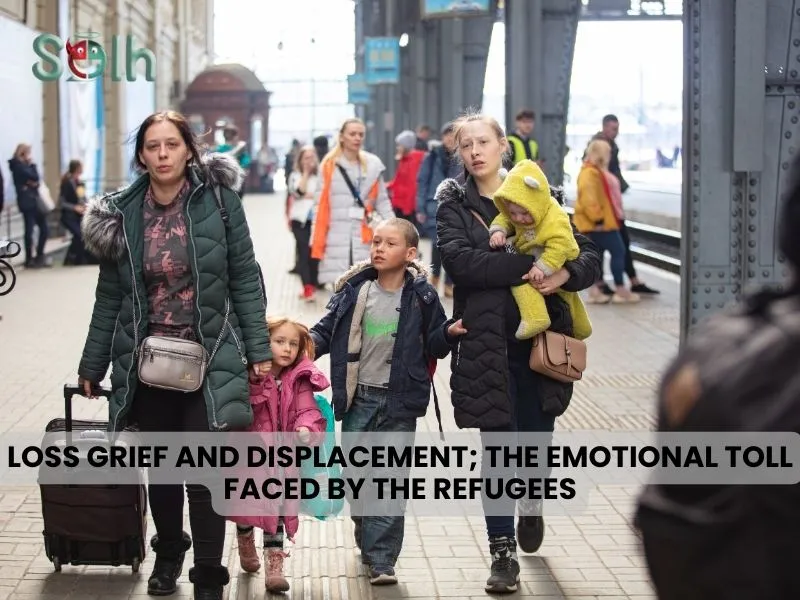The tragic suicide of Puneet Khurana, a cafe owner in Delhi, highlighted the destructive nature of family abuse on one's mental health. In a video note, before he took his life, Puneet Khurana accused his wife and in-laws of subjecting him to all kinds of emotional and physical torture. This heartbreaking story is so significant to make a person acknowledge the signs of abuse and bring about a much-needed sense of urgency in developing support systems for addressing mental health challenges, particularly in family contexts. It does call for fundamental questions on abuse and suicide connections.
Moreover, the tragic suicides of Puneet and Atul Subhash remind us of the disturbing trend of suicide contagion—a ripple effect ignited by shared distress—implying that these deaths might be part of a greater troubling movement resulting from unresolved trauma. Are these desperate cries for help or signs of an escalating, perilous pattern?
WHY A SUICIDE CONTAGION OR WERTHER EFFECT?
Puneet Khurana's suicide, potentially influenced by the tragic decision taken by Atul Subhash, may trigger a disturbing chain of suicides influenced by the contagion effect. The deep emotional trauma they both had to undergo due to abusive relationships and family problems might touch the chords of others facing similar situations. Such tragedies can seem like an unfortunate way out for those already fragile. The media's portrayal and social discussions around these suicides can amplify feelings of hopelessness, triggering similar thoughts in others, especially within close-knit communities. This may spark a spree of suicides if left unaddressed.
REASONS FOR SUICIDE CONTAGION
1. Identification and Vulnerability
Identification with the Deceased: For those already struggling with their emotional issues, seeing what others like Puneet and Atul have gone through can give them a deep sense of identification. This identification may make them feel that their pain is not only shared but also understood, and they may then see suicide as an escape from their suffering.
Existing Vulnerability: Those who are already struggling with mental health issues—especially those dealing with relationship issues, financial problems, or social isolation—are in a more vulnerable position. The tragic suicides of Atul and Puneet, which were reportedly linked to abusive family environments, may resonate deeply with others who are experiencing similar situations, making them more likely to give in to their suicidal thoughts.
2. Normalization of Suicide
Media Coverage: High-profile suicides, especially those amplified by media, can lead to the normalization of suicide as a potential solution to overwhelming stress. This becomes even more alarming when the details of their deaths, such as the emotional or physical abuse they endured, are sensationalized, portraying suicide as a means of escape or resolution. The media’s role in focusing on the story without contextualizing the broader mental health concerns or the long-term impact of abuse could inadvertently perpetuate the idea that suicide is an acceptable way to deal with distress.
3. Social and Psychological Influence
Social Contagion: The death of a single individual can trigger a ripple effect in a small group environment, like family or close social network. The stories of Atul and Puneet, which were so widely shared and discussed, would have driven others like themselves who were facing similar family problems to consider suicide as a means of relieving themselves from emotional pain.
Psychological Mechanisms: Suicide could seem like the best way to cope with such hopelessness to some people already carrying the weight of depression or trauma. In publicized suicides such as that of Atul and Puneet, despair was felt by more individuals facing similar battles, spreading emotional ripples.
4. Romanticizing the Act
Portrayal of Suicide as Escape: The depiction of suicide as a means of escape often glamorizes or romanticizes the act, presenting it as a solution to overwhelming problems. This portrayal can be especially impactful for individuals lacking robust coping mechanisms. In many ways, the media, literature, or even social media could create a misleading narrative on high-profile suicides like that of Atul and Puneet among the younger, impressionable audience, that suicide is a means to escape unresolved personal conflicts, like marital abuse or divorce.
5. Copycat Behavior
Imitative Suicide Attempts: The tendency to imitate suicidal behavior after hearing about similar cases is particularly concerning in vulnerable populations such as adolescents and young adults. In the case of Atul and Puneet, their publicized suicides, linked to relationship abuse and personal agony, may have triggered copycat behavior in others within similar contexts, where feelings of betrayal, hopelessness, or emotional torment mirror their own.
6. Cluster Suicides
Geographical and Social Clusters: In certain regions or social circles, when multiple suicides occur under similar circumstances—such as emotional abuse or divorce-related distress—it may indicate a wider issue of social contagion. If there are multiple suicides in a community that share similar stressors, the likelihood of a contagious effect increases. The shared connection between Atul and Puneet—both victims of family abuse—could point to a social and emotional cluster where people are exposed to similar pressures, increasing their risk of suicide.
Cultural and Environmental Factors: In some societies, there is a cultural stigma against seeking help for mental health issues, particularly when it comes to domestic matters like abuse or marital discord. This lack of support for those suffering in silence makes suicide seem like the only possible option. Atul and Puneet’s stories may highlight this larger, systemic issue in cultures that don’t prioritize mental health and often suppress open discussions about family struggles or mental health.
A Start of Contagion or a Cry for Help?
While we cannot say with certainty that these suicides mark the start of a larger contagion, their deaths do raise serious concerns about the emotional and psychological impact of family abuse, emotional isolation, and societal pressures. The tragic stories of Atul Subhash and Puneet Khurana are a reminder of the urgent need for supportive interventions that address mental health and family dynamics. There could even be a rippling effect to the suicides such that they help scream out that there is indeed a bad habit formed out of unattended traumatic issues and insufficient support in society.
How Solh Wellness Can Help:
At Solh Wellness, we provide holistic, compassionate support to individuals who are experiencing emotional turmoil. Through our tech-driven platform, we offer anonymous counseling, support groups, and mental health resources to individuals experiencing distress, particularly those facing abusive family dynamics or relational struggles. We offer evidence-based interventions that help individuals navigate emotional crises while fostering resilience and hope. By creating awareness about mental health and making help-seeking behavior the norm, Solh Wellness seeks to break the cycle of isolation and provide the support needed to prevent further tragedy.
R.E.A.C.H. the pinnacle of your mental health and BUILD;
Resilience: Solh's personalized plans help users build emotional strength and coping strategies, fostering long-term resilience and emotional well-being.
Evaluate: Streffie stress tracking helps users evaluate their stress at three levels—actual, perceived, and measured—empowering proactive management before a crisis emerges.
Act: Crisis management tools are immediately accessible, and the user can reach out to mental health professionals using Talk Now.
Connect: Support groups make users feel like they belong. They can relate to others going through similar problems, which makes them less isolated and helps them find healthier ways of coping.
Heal: Anonymous counseling and educational resources guide users to recognize their emotions, work through difficult situations such as abusive relationships, and start healing in a safe environment.
Together, we can address the roots of suffering, providing a much-needed alternative to the dangerous cycle of suicide contagion. Reach out to Solh Wellness today for professional help if you, or someone you know, needs it.








